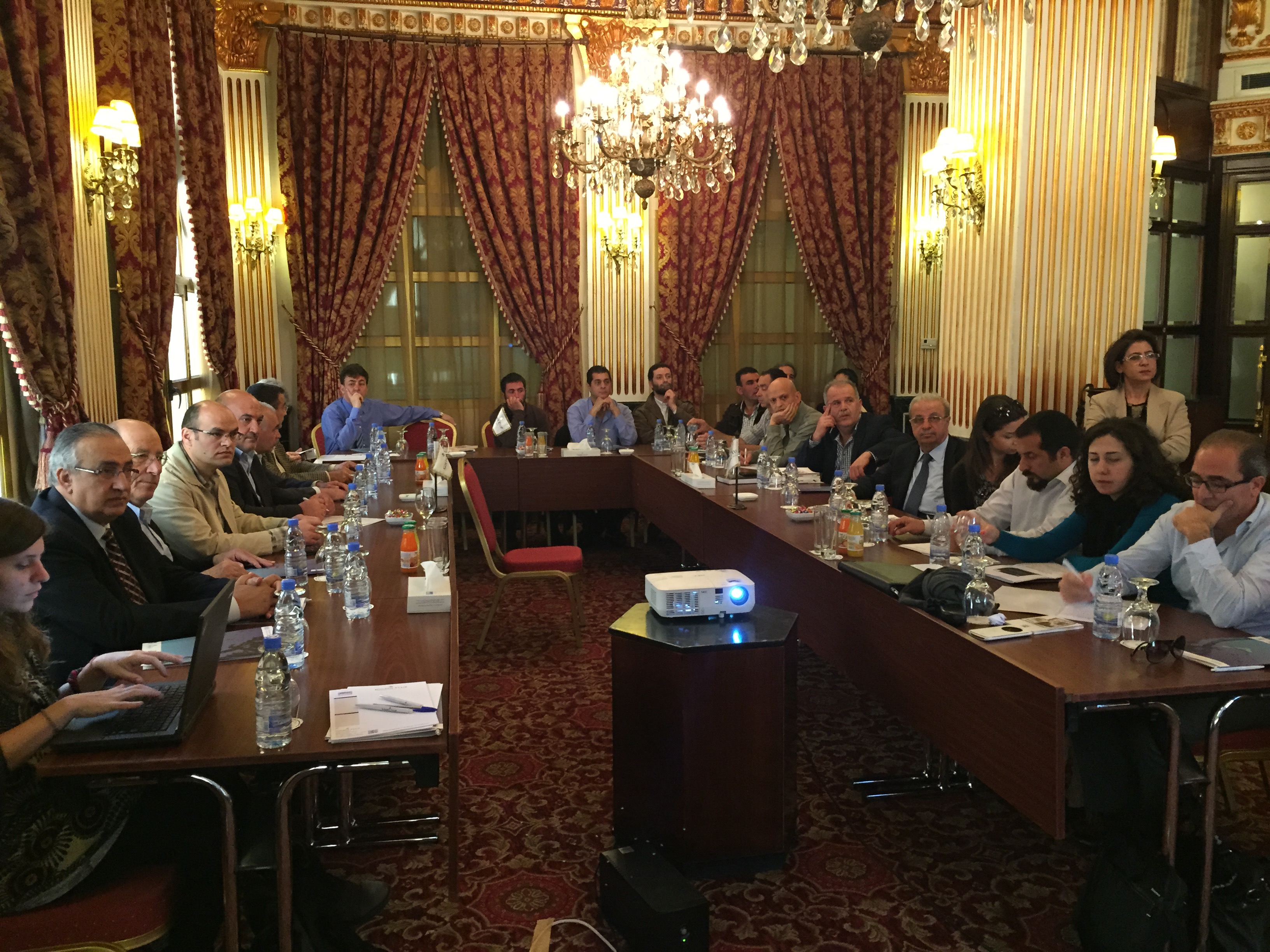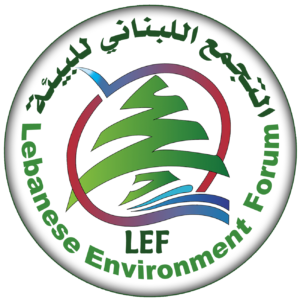Beirut h osted a workshop titled ”Responsible Hunting management through municipalities” under the “Mainstreaming Conservation of Migratory Soaring Birds into Key Productive Sectors along the Rift Valley/Red Sea Flyway (MSB)” project.
osted a workshop titled ”Responsible Hunting management through municipalities” under the “Mainstreaming Conservation of Migratory Soaring Birds into Key Productive Sectors along the Rift Valley/Red Sea Flyway (MSB)” project.
MSB is a GEF funded project, implemented in Lebanon by the UNDP, and hosted by the Ministry of Environment. It is technically supported by BirdLife’s partner in Lebanon, the Society for Protection of Nature in Lebanon (SPNL).
Eight Lebanese municipalities have signed a “Declaration for The Conservation and Responsible Hunting of Birds and The full protection of Migratory Soaring Birds (MSBs) from hunting in the Rift Valley / Red Sea Flyway”.
This symbolic yet meaningful gesture reflects the desire of the Lebanese municipalities to see an end to the current long-lasting chaotic hunting situation in the country.
The declaration considered that the establishment of Lebanese Responsible Hunting Areas-RHAs is an attempt to balance the needs of wildlife with the needs of people using the best available science where the area should be of certain size to ensure hunting security, within the carrying capacity limitation and the presence of the most searched game species on the site.
“Realising that RHAs are based on scientific studies to ensure security of hunters, safety of local communities and sustainability of target game species through a set of guiding materials to hunters and involved managing staff. The declaration added.
Ms. Nour Zouhairy, UNDP- MSB Project Team presented an overview of the contract between UNDP & SPNL to work on the identification of potential RHAs on municipal land, criteria for their selection, and their management systems. “We are working to find a pilot destinations/areas where RHAs can be applied” Zouhairy said.
“Having RHAs designed to be managed by the local communities in response to scientific findings may positively affect the proper implementation of the set bag limit and the target game species among others” Zouhairy added.
Better to have a RHA near a Protected Area as refugee for the escaped game species.
Assad Serhal, SPNL Director General, said that RHAs allow game hunting with bag limit under the control of the local community that is represented by the local authority, the municipality. Management within RHAs draws on disciplines such as mathematics, chemistry, biology, ecology, climatology and geography to gain the best results. RHAs contribute to reduce the loss in the earth’s biodiversity by taking into consideration ecological principles such as carrying capacity, disturbance and succession and environmental conditions such as physical geography, pedology and hydrology with the aim of balancing the needs of wildlife with the needs of people.
“By signing this declaration, Lebanese municipalities are joining their voices and calling for the implementation and enforcement of the new hunting law that has been sitting in the starting blocks for too long and which will constitute an important step towards a well regulated hunting sector”. Serhal added.
Ms. Bassima Khatib, SPNL Assistant Director General, presented the Concept of responsible hunting and RHAs criteria.
“A written willingness/decision from the municipality should be submitted as a commitment towards accepting the management of the RHA. In case the land belongs to two municipalities or more, the willingness/decision should be provided by all involved municipalities”. Khatib added. “If it happens that the RHA is 500 meters away from a protected area (nature reserve or a natural IBA or a Ramsar Site), the latter can be considered a good refuge for the escaped birds from the RHA” Khatib explained in response to a question on of the benefit of establishing RHAs near protected areas.
Guidelines for Management of RHAs by municipalities was presented by Dr. Ghassan Ramadan-Jaradi.
“We encourage municipalities to be a MSB envoy and role model to be followed by other municipalities in Lebanon, in order to pass the message to the broader community, including those who are not aware of the MSBs plight, considering themselves as leaders of change”. Jaradi added.
Ms. Manale Abou Dagher, from the Institute of the Environment (IOE) – University of Balamand (UOB), presented the mapping process of the potential Responsible Hunting Areas in Lebanon.
Based on a field investigations carried-out by the SPNL team, experts from the University of Balamand located 8 RHAs in several Lebanese regions as follows: Mounjiz – Akkar, Andekt – Akkar, Rouaime and Akroum – Akkar, Charbien – Hermel, Feikha – Baalbek, Anjar – Zahle, Al karoun – West Bekaa, and Qaytouleh Roum – Jezzine.
Abou Dagher concluded that RHAs maps will help ensure the adoption of the identified RHAs based on international scientific methodology, and are considered a national scientific database linking game species to existing habitats in Lebanon. Local authorities are highly encouraged to digitize their municipal characteristics in general with special emphasis on parcel distribution Future amendments/updating of hunting laws and practices are recommended to be based on these maps. These maps should be updated every five years to take into consideration landuse/landcover changes. RHAs should be declared by law leading the way to the full implementation of the Hunting Law of Lebanon. Once declared, hunting should be prohibited in any other area on the Lebanese territory.
Anjar mayor – Garabet Bambokian, announced the willingness of Anjar municipality to catalyse and adopt the formation of responsible hunting area, which is the gateway to implement the Lebanese hunting Law ratified in 2004 and all its application decrees.
Journalist Bassam Kantar, explained the content of the common declaration from municipalities supporting responsible hunting, which was signed by the representatives of the following municipalities: Anjar, Qaytouleh Roum, Charbien, Feikha, Al Karoun, Andekt, Mounjiz, and Rouaime and Akroum.

